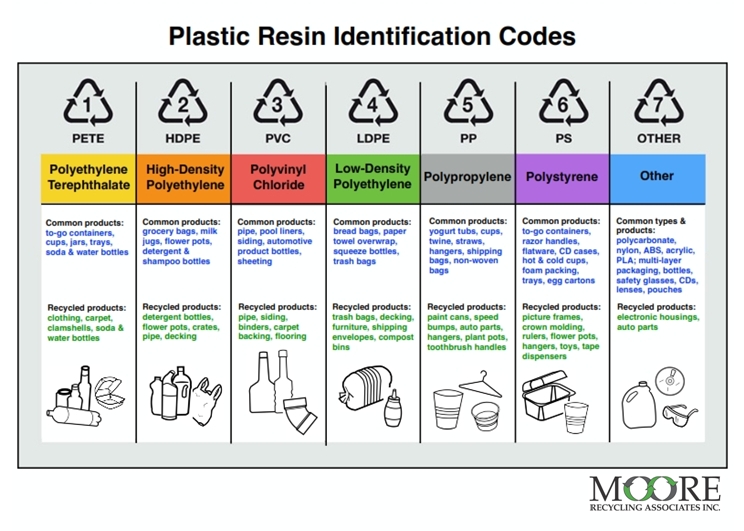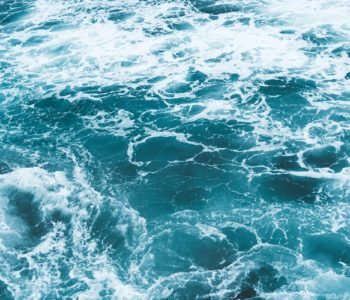 School Visits
School Visits
Poulsbo Middle School
Sticking to the Puget Sound Region, Poulsbo Middle School kept us on our toes. Great questions came from our biggest class to date which hosted 60 students.
 School Visits
School Visits
Sticking to the Puget Sound Region, Poulsbo Middle School kept us on our toes. Great questions came from our biggest class to date which hosted 60 students.
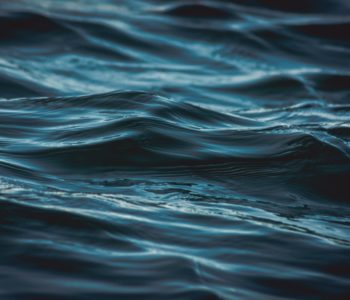 School Visits
School Visits
A private school but one of the first schools to reach out to us directly, we switched things up and went to Brighton School in Mountlake Terrace. The students at Brighton were ecstatic with what we had to say and left us with a batch of nearly 50 thank you cards. Each card outlined what the students were going to do to take action on plastic pollution!
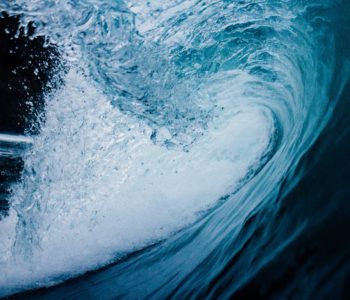 School Visits
School Visits
David H. Wolfle Elementary is the elementary school that Nick and Hans went to as kids. A title one school centered between two Native American reservations, we took over the library for the day and educated the entire school. 7 presentations later we could barely talk anymore but felt satisfied knowing we left over 300 youth with some new skills and information to avoid single use plastics.
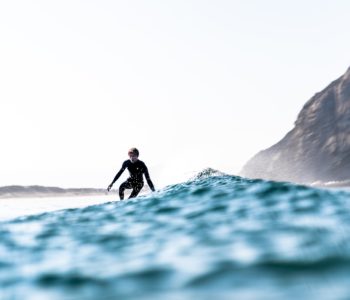 School Visits
School Visits
The School Hans and Nick attended as middle schoolers. Kingston Middle School still hosts some of the teachers that were there during our time. The school recently switched to reusable lunch trays after our visit.
 Uncategorized
Uncategorized
This is our Mobile Education Station. To continue educating up and down the coast we needed something that would be eye-catching, classic, functional, and cheap. What better thing to use for mobile teaching than a School Bus! This 1998 BlueBird Handy Bus is one of a kind and supports our day to day operations. By REUSING an old vehicle we can give new life to something that would have otherwise made its way into a landfill or pick and pull. Among others, our long term goals include making this mobile education station more environmentally friendly by switching to biodiesel, and creating a space on the side of the bus for projections and outdoor education.
 School Visits
School Visits
At North Kitsap High School we worked with AP Environmental Studies classes and were able to dive deep into the lifecycle of plastics. We discussed resin identification codes which are the numbers inside the recycling symbol that tell waste management facilities which type of plastic is being recycled. These numbers vary from 1 to 7 and have distinct names and types:
